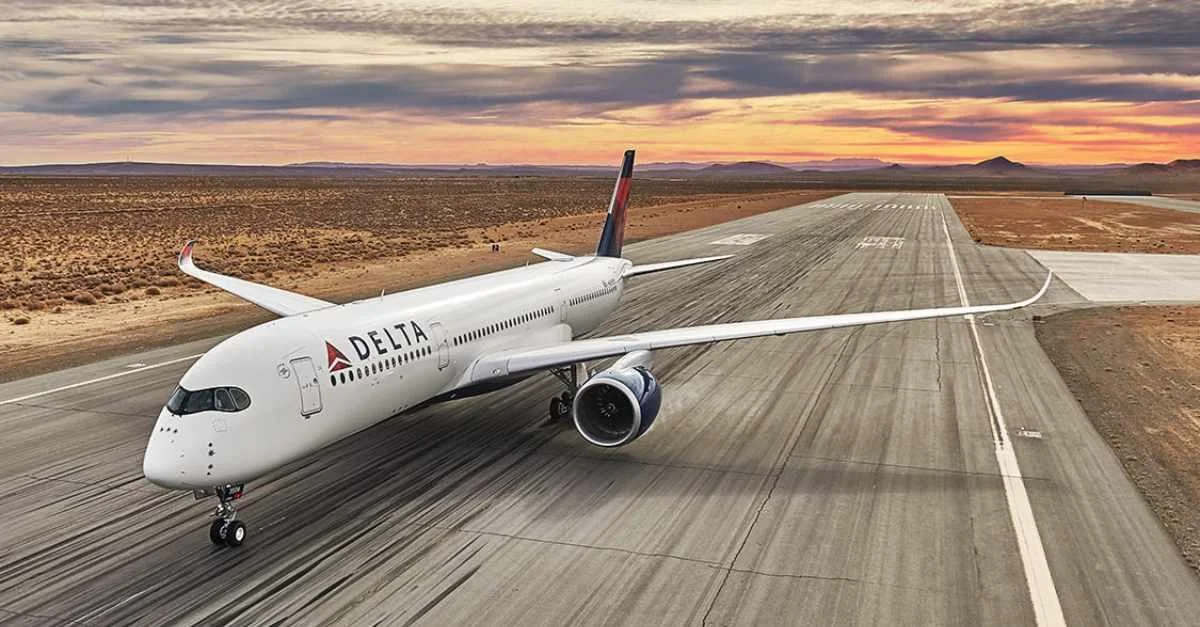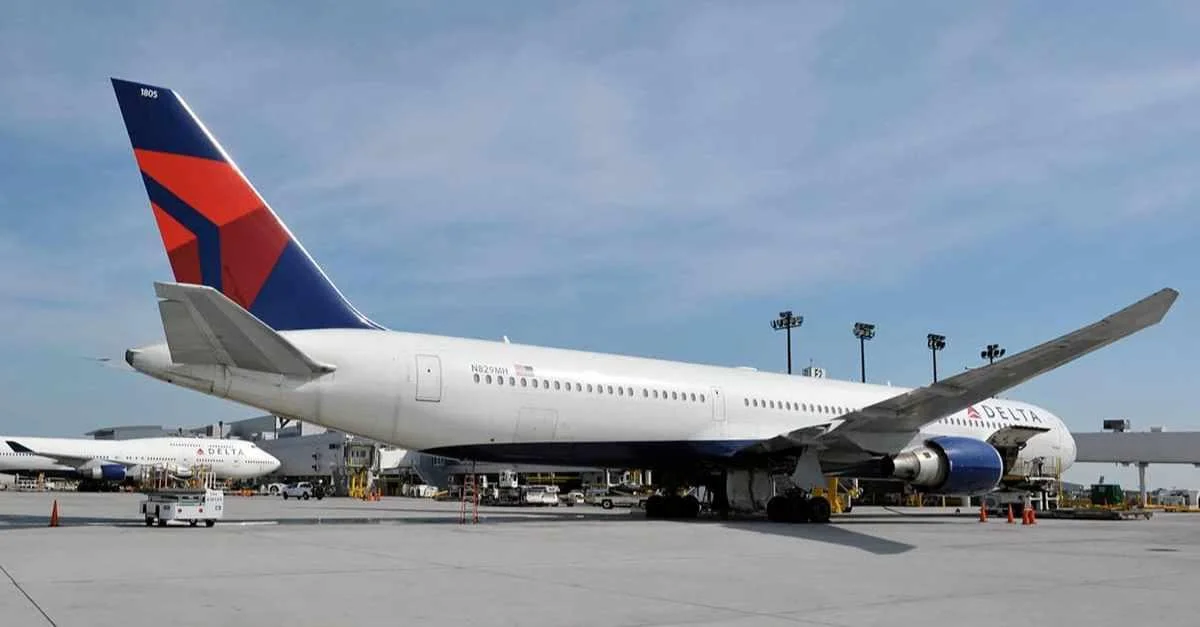Headquartered in Newcomerstown, Ohio, SIMONA Boltaron is understood to be the only plastic sheet manufacturer in aircraft interiors capable of extruding, calendaring, and pressing laminate sheets. This allows 100% of its content to be made at one site using similar chemical formulations. Consequently, the firm can recycle internally both film and sheet products.
Aerospace-grade thermoplastics are unique due to their use in various aircraft components such as economy class seatbacks and premium seat furniture. However, these materials cannot currently be recycled for reuse onboard due to stringent flammability requirements. By collaborating with AIRA, SIMONA Boltaron assists its customers in finding secondary non-aerospace recycling applications for its coded materials.
In addition to labeling its materials for repurposing aerospace-grade thermoplastics, SIMONA Boltaron offers 9865 and 4365 Terreform recycled-grade sheets for aviation clients. Terreform is produced from recycled scrap from various Boltaron materials including aerospace-grade scrap (not from flown aircraft interiors). This material would otherwise end up in landfills.
Offered in several baseline colors, Terreform can be molded into aircraft interior parts where aesthetic perfection is not essential. Although it cannot be used for decorative translucents seen at top-tier airlines, it can provide a customized palette for operators.
“We want to make sure that...we’re not just doing it as a feel-good moment," Stacy explained regarding Terreform's environmental benefits. "We want to make sure that the carbon footprint is actually lower when you’re choosing this [Terreform 9865] product over a standard 9000 series."
Stacy noted that Terreform contains a minimum of 50% recycled content which translates into approximately a 26% reduction in carbon footprint according to their calculations.
Italian seatmaker Optimares has used Terreform on elements of its new SoFab business class seat including tables and electrical boxes.
Stacy described Terreform as “our first step” towards more sustainable products but acknowledged that achieving fully circular products remains a future goal.
More broadly, SIMONA Boltaron sees an opportunity for the aviation industry to enhance sustainability by streamlining seat design to aid recycling efforts.
“It’s about looking at the end seats [and asking] ‘how can we design these things to be taken apart?’ Because there’s a lot of different materials that can’t be recycled together,” said Stacy.
Acro Aircraft Seating is among those focused on this effort. It has partnered with AIRA to create a digital database of parts used in its Series 9 and Series 6 economy class seats which facilitates responsible recycling once components reach their end-of-life stage.
“This database can be used by airlines to ensure proper identification...of materials used in seating components once they reach the end of their usable life,” Acro CEO Neil Cairns told RGN.
AIRA director Tony Seville emphasized there should be no excuse for manufacturers producing non-recyclable aircraft seat parts.
Additionally, Stacy revealed that SIMONA Boltaron is exploring bio-based materials as part of its sustainability initiatives alongside ensuring production processes are more energy-efficient contributing positively towards product carbon footprints.
As part of Kirn-based parent company SIMONA AG adhering strictly to European Union laws including Corporate Sustainability Reporting Directive requirements ensures transparency on environmental impacts related activities further bolstered by dedicated full-time sustainability employees based across Germany & US offices emphasizing corporate-wide commitment towards sustainable practices reiterated by Stacy throughout discussions highlighting importance placed upon holistic integration within organizational framework
 Alerts Sign-up
Alerts Sign-up





































